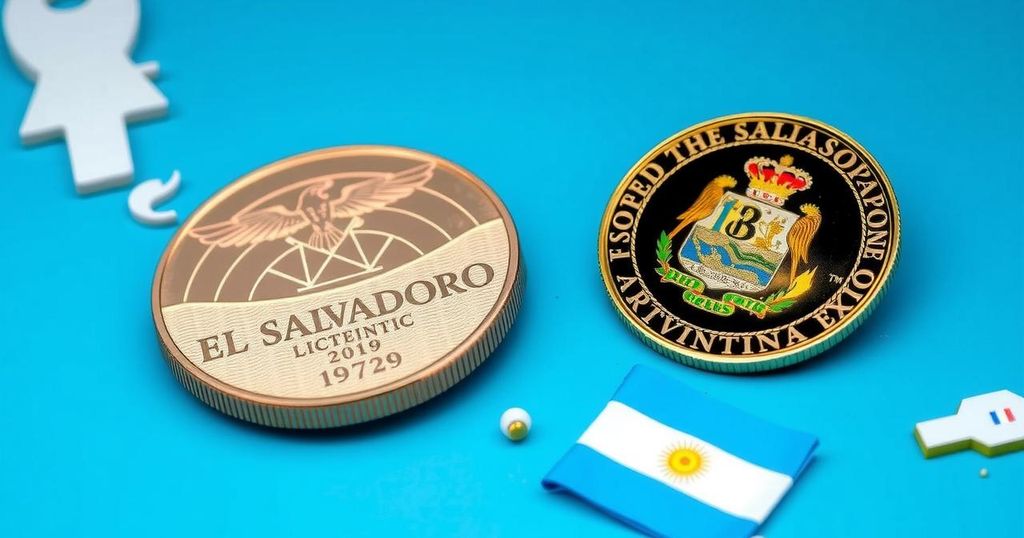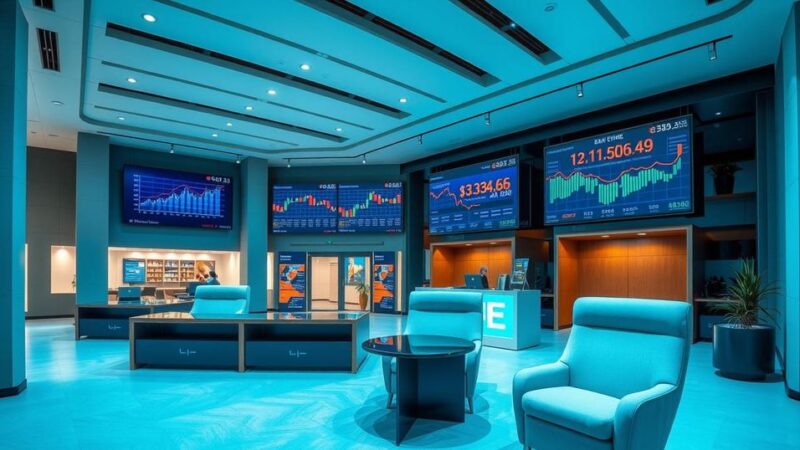El Salvador’s President Nayib Bukele suggests that the nation’s gold reserves could fund substantial Bitcoin investments, potentially valued at over $3 trillion. Argentina has opened its markets to foreign crypto ETFs, enhancing investment possibilities. Meanwhile, Brazil’s Central Bank is reconsidering its stance on stablecoin self-custody, indicating a flexible regulatory approach to cryptocurrency in the region.
This week’s edition of Latam Insights highlights key developments in Latin America’s cryptocurrency landscape, particularly focusing on El Salvador, Argentina, and Brazil. President Nayib Bukele has indicated that the untapped gold reserves in El Salvador could be leveraged to bolster Bitcoin investment, with estimates suggesting a potential value exceeding $3 trillion upon full exploration. Moreover, Argentina is progressively liberalizing its market by permitting foreign investments in cryptocurrency ETFs under its CEDEAR framework, thus expanding investment options in Bitcoin and Ethereum among others. Lastly, Brazil’s Central Bank may reconsider its prohibition on stablecoin self-custody, pending the identification of mechanisms to address opacity in transactions. These developments reflect an evolving regulatory environment embracing cryptocurrency across the region.
Latin America’s relationship with cryptocurrency is rapidly changing, particularly as several countries explore innovative regulatory frameworks to enhance economic opportunities. El Salvador has drawn global attention for its Bitcoin adoption, while Argentina is now welcoming foreign investment including in cryptocurrencies. Meanwhile, Brazil’s potential reversal on stablecoin self-custody showcases a dynamic approach to regulation that aims to balance transparency with market accessibility. Understanding these dynamics offers insights into the broader economic and technological transformations occurring within these nations.
In conclusion, the recent developments in El Salvador, Argentina, and Brazil signify an important shift towards more inclusive and innovative approaches to cryptocurrency regulation in Latin America. El Salvador’s potential gold-to-Bitcoin transition, Argentina’s openness to foreign crypto ETFs, and Brazil’s reconsideration of stablecoin self-custody regulations reflect a growing recognition of the importance of cryptocurrencies in today’s economic landscape. These movements may pave the way for enhanced investment opportunities and more robust market infrastructure across the region.
Original Source: news.bitcoin.com






